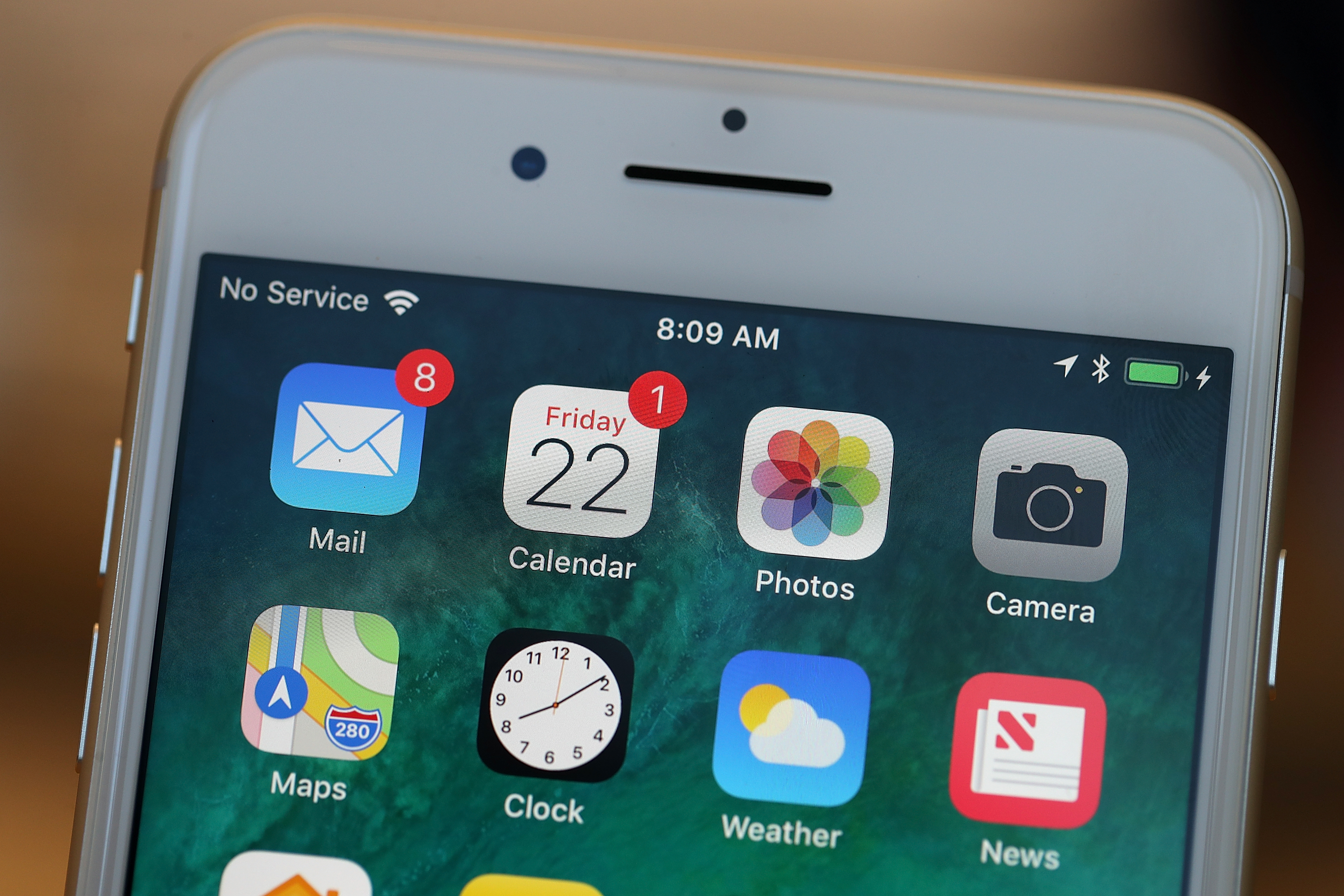Millions of iPhone users can expect small payouts as part of a multimillion-dollar settlement as part of a lawsuit against technology giant Apple.
The settlement, which Apple agreed to pay without admitting fault, will translate to about $65 per eligible iPhone user who submitted a claim before the Oct. 6, 2020, deadline, according to Mark Molumphy, an attorney at Burlingame law firm Cotchett, Pitre & McCarthy, which litigated the class action lawsuit. Eligible users include those who downloaded iOS software update 10.2.1, which slowed some iPhone processors down.
The lawsuit’s plaintiffs claimed Apple misrepresented the nature of the iOS update by failing to warn users how it would throttle processing speeds.
Apple agreed to pay $310 million to $500 million to settle the case. The final amount will depend on the total number of approved claims, which stands at three million and counting as filed claims continue to be processed, Molumphy said. Eligible iPhone users will receive their payouts between late 2023 and early 2024, Molumphy said.
The lawsuit, which named a class of roughly 100 million iPhone users, was filed in April 2018; U.S. District Judge Edward Davila approved the settlement amount in February 2023.
But payouts stalled for months because two individual claimants appealed part of the settlement. Once they withdrew their challenge on Tuesday, the process of calculating and paying the settlement once again moved forward.
“It was an epic-sized case,” Molumphy told The Standard in an interview Friday. “It was five years of active litigation against one of the biggest companies in the world.”
Apple had acknowledged that their phones had gotten slower but said that it was done to address issues where older iPhone models’ aging batteries would cause phones to randomly shut off.
Apple did not respond to a request for comment by publication time.
